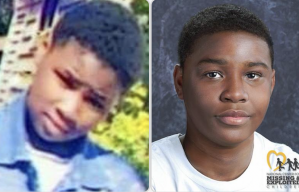It's been said that laughter is the best medicine but an unfortunate 6-year-old Bolivian girl's uncontrollable and inappropriate bouts of giggles turned out to be a rare symptom of a very serious brain tumor, Live Science reported.
"She was considered spoiled, crazy - even devil-possessed," Dr. José Liders Burgos Zuleta, of Advanced Medical Image Centre, in Bolivia, said in a statement.
The girl's laughing seizures, more properly called gelastic seizures, were eventually discovered by Burgos Zuleta to be a brain tumor that was pressing against the girl's temporal lobe.
A hamartoma, a small, benign tumor, was located after the doctors made the girl undergo a brain scan. It was subsequently surgically removed and the girl is healthy now, doctors said.
Doctors have said that the child who was originally labeled as "misbehaving" has stopped having the uncontrollable laughter attacks and now only does so normally.
Gelastic seizures, from the Greek word for laughter "gelos," are a form of epilepsy that is relatively rare, said Dr. Solomon Moshé, a pediatric neurologist at Albert Einstein College of Medicine in New York.
"It's not necessarily 'hahaha' laughing," Moshé told Live Science. "There's no happiness in this. Some of the kids may be very scared," he added.
Although seizures can occur from tumors in other parts of the brain, they are most often caused by those in the hypothalamus, located below the thalamus and governing certain metabolic processes and other activities of the autonomic nervous system, especially in kids, Moshé said. He added that symptoms including crying outbursts could also occur along with growth abnormalities when tumors affect the pituitary gland.
Outbursts of crying might also occur apart from patients' main symptom being laughter. These tumors can cause growth abnormalities if they affect the pituitary gland, he said.
According to Live Science, "The doctors who treated the girl said their report of her case could raise awareness of the strange condition, so doctors in Latin America can diagnose the true cause of some children's 'behavioral' problems, and refer them to a neurologist."
The case report was published on June 16 in the journal ecancermedicalscience.








